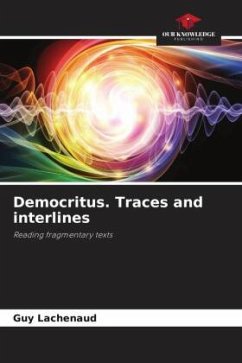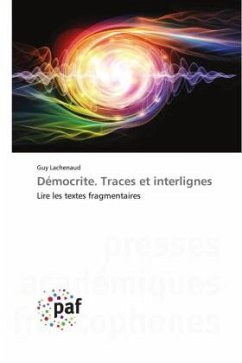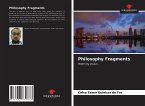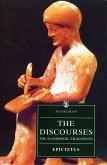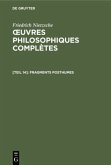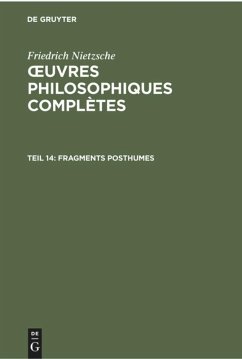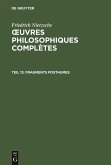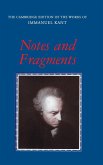Romanized anecdotes, disparate and surprising words, authentic or reconstructed maxims, paraphrases and commentaries, benevolent or tendentious, this is what remains of Democritus, while the Ancients praised him for the extent of his knowledge, the diversity of his writings, the wisdom of his maxims and his talent as a writer. Democritus' laughter has become an emblem of the critical spirit of the humanists, and I also consider his presence in modern philosophy and literature. His original answers to the great enigmas, man and his place in the world, his greatness and his misery, could not leave me indifferent. Although I acknowledge my debt to philologists and historians of philosophy, I have chosen to give this writing a changing tone, from philological and scholarly discussion (I return to my experience as a reader of fragmentary texts) to the staging of points of view, including in the form of a fictional dialogue between Democritus and Protagoras. Here and there, I let my imagination, my doubts and my convictions speak.
Bitte wählen Sie Ihr Anliegen aus.
Rechnungen
Retourenschein anfordern
Bestellstatus
Storno

